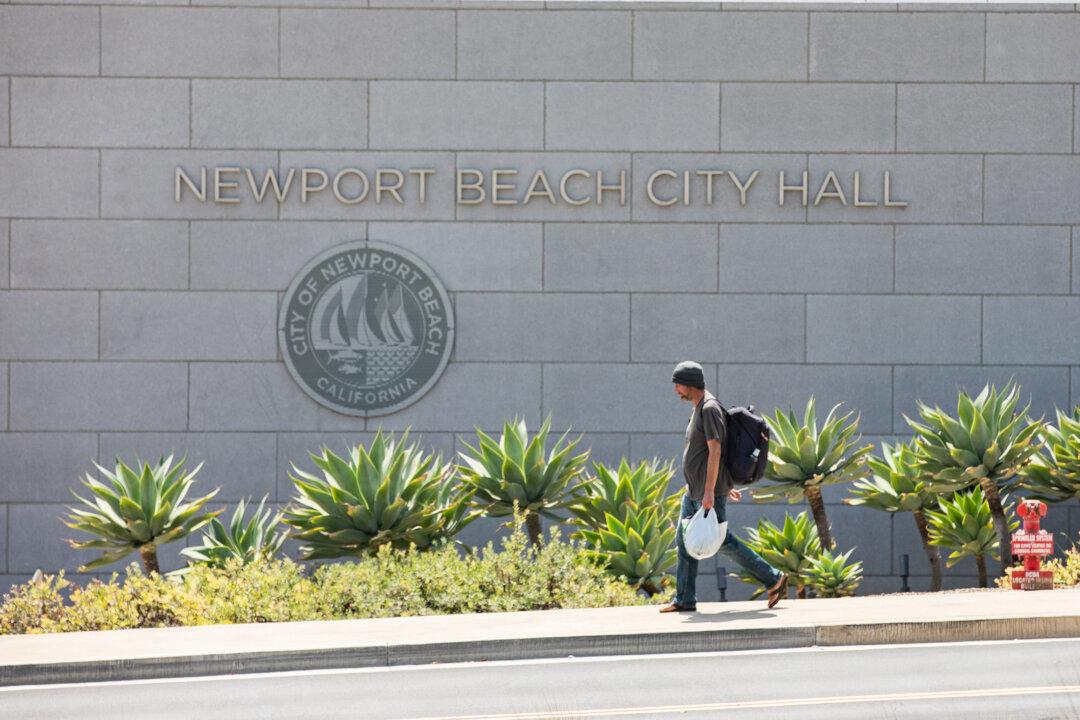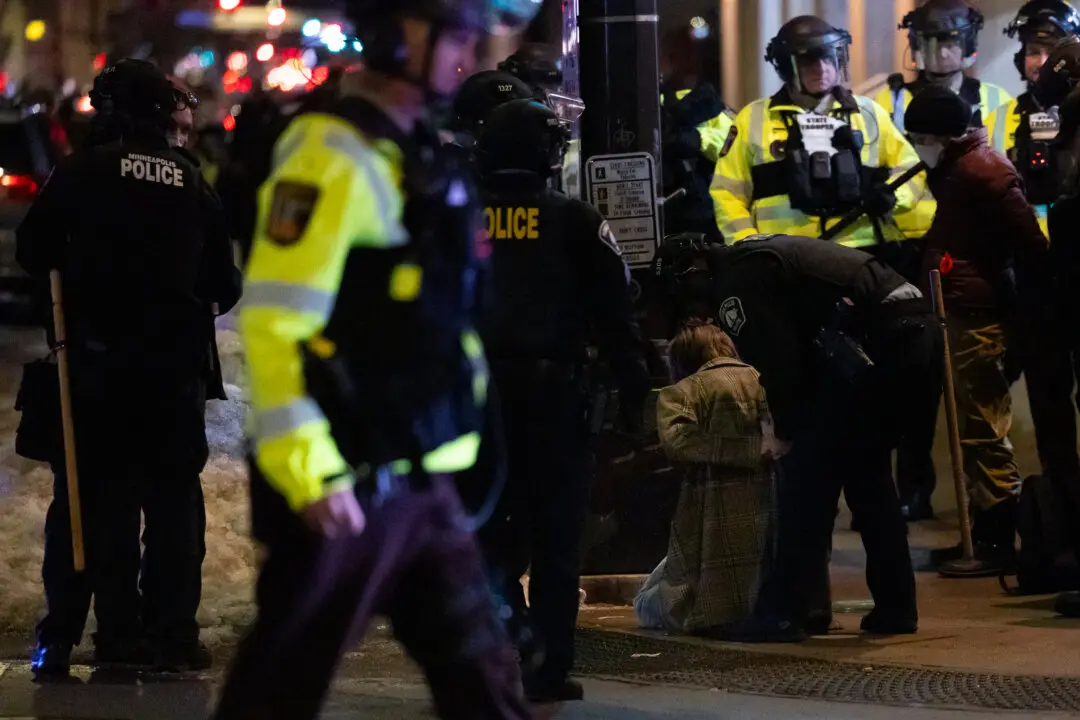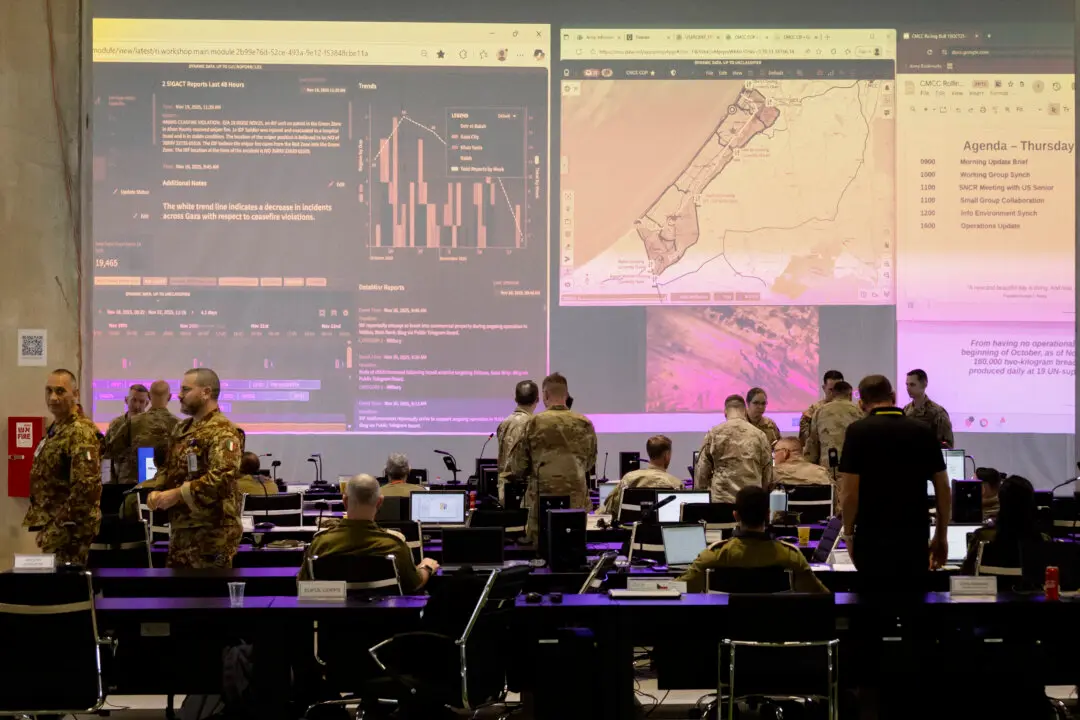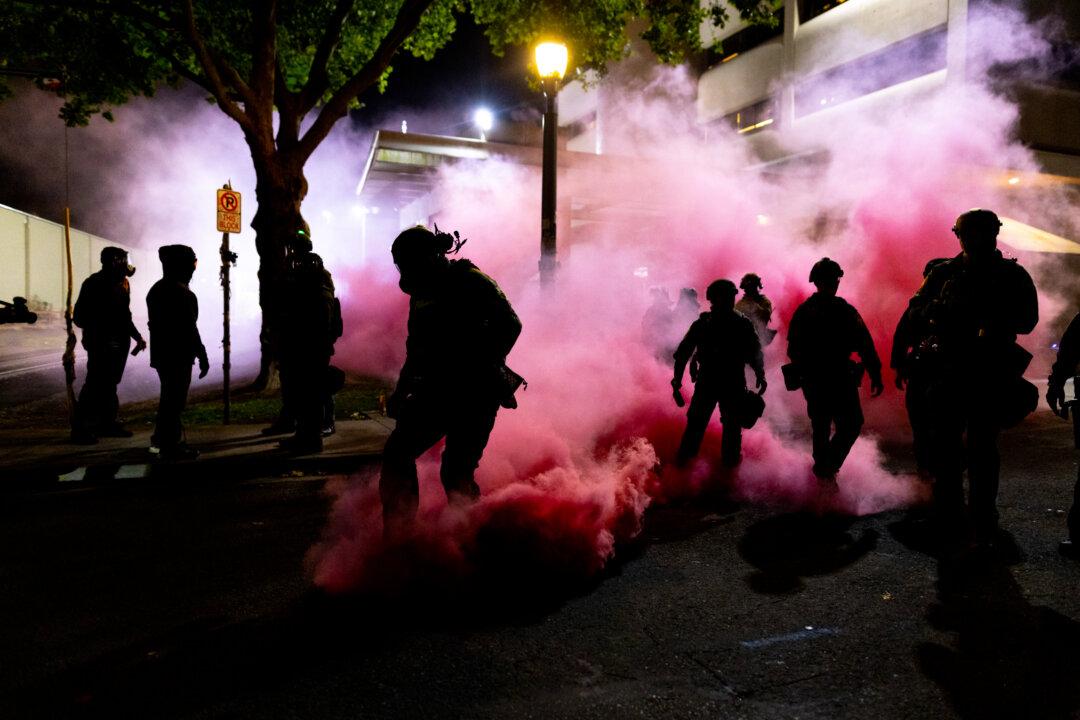The city of Newport Beach, Calif., would have had a large freeway running right through the heart of it, if not for a group of residents and politicians known as the Freeway Fighters.
“There’s a high demand for people to go up and down the coast, and that was the idea for the freeway plan,” former Newport Beach city councilman and civil engineer Don Webb told the Epoch Times.




